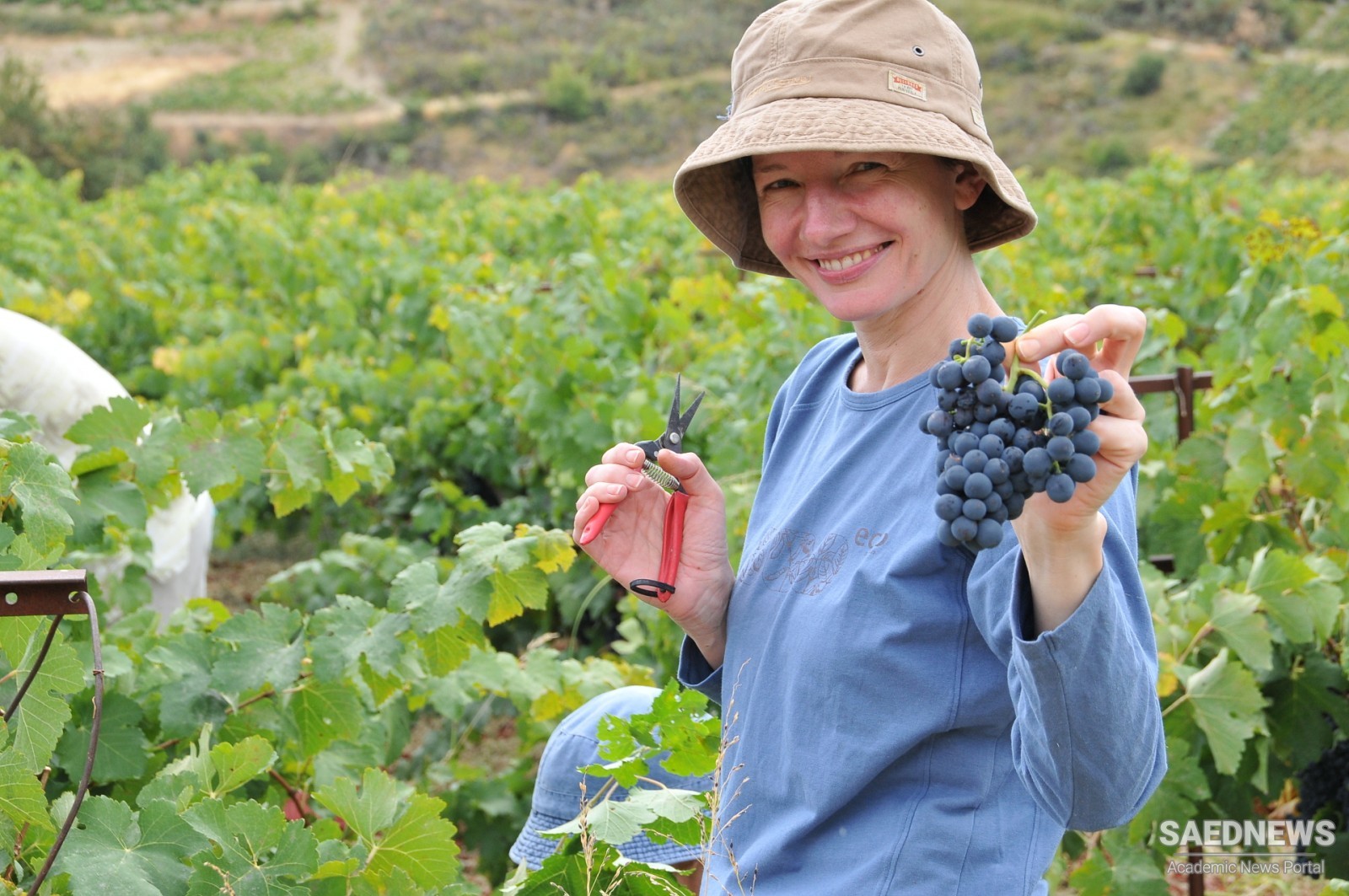The subject of food and drink tourism carries cultural input concerning ‘the global’ and ‘the local’. Manifestations of the culture of globalization are well-known, and in the area of food and drink its most discussed feature, to become seen as one of the main icons of the overall syndrome of globalization, has been the McDonald’s ubiquitous chain of hamburger outlets. Coca-Cola is another universal brand. It is interesting that food and drink, food especially, have been items to serve as a matter of focus concerning globalization. This global–local debate concerning food and drink is connected to whole issues relating to the roles, and levels of positions and prosperity, of farming and farmers in society.
The raison d’être of a farmer is to provide food. In certain areas of the world, such as Western Europe and North America, though lamentably not in others, their role is one of over-producing foodstuffs. Sometimes in the UK, the farmer is set now to ‘set aside’ land to reduce food oversupply and/or with an objective to manage and conserve landscape and for ‘presenting it’ for the tourist attention and admiration. When providing foodstuffs, farmers’ position has increasingly become that of mass producers and who cater globally and for a global market – of those able to afford to buy their produce. Distinct, and/or poor isolated and peripheral regions, meanwhile, have often stayed producing ‘their own thing’.
If so, their action will be either to distribute globally one special distinctive product – Scottish whisky for example – and often at a premium price or else to serve immediate local needs and to meet local tastes and requirements. On one side there are over-producers of a routine product, and which is often universally obtainable and so cost-competitiveness is high and influential. On the other side are producers of an item rooted in a place, and which the product is desirable and a world market for it exists and – if it can travel and provided distribution facilities are adequate – can be sold at the top of the price range but which otherwise is locked to serve only its own small, and maybe impoverished, community of vicinity. This situation is, of course, before artificial mechanisms of quotas and protectionist regulations come into play.
In this general arena, a cause célèbre has been the attack on a nearby McDonald’s branch by José Bové, the activist leader of a group of farmers on a plateau, the Causse du Larzac, in southern France. Their main business is raising sheep to provide milk for Roquefort cheese and which is the local and distinctive product that is out in the global marketplace. The attack on the symbol of globalization and Americanization was in response to USA tariffs imposed on imports of Roquefort – a response to the European Union [EU] banning USA beef which had been injected with hormones – and which rose to cause disruption at World Trade Organization and World Bank meetings in Seattle and Prague respectively. The saga, which attracted world attention, served to highlight global–local tensions and to show the levels of activism and concern these issues hold within them to incite. There has been a groundswell of reaction against globalization and multi-nationals and their power and influence, and of which a key feature has been locals and individual groups operating as activists in a concerted manner.
Arising as part of a general public thrust of concern in the overall food area are the now widespread and publicly-vented worries about GM [Genetically Modified] foods. Some heightened appreciation of local, traditionally and organically produced food and drink is a result, and with a willingness of a sector to pay premium prices for food of assured quality and ‘untaintedness’. In the EU, many farmers of its participating countries, who used to be affluent and able to earn a living from farming now victim to quotas and only very low prices being offered for their food products, are no longer in a position of financial sustainability from farming directly. Initiatives for diversification are well established and being followed, with those for farmers to provide leisure and tourism opportunities through their farms, farming property, and by their products of their farming activity as one outcome. A motivation can immediately be seen as present from one important provider area for food and drink tourism to be an activity.


 Cultural Core of the Food: Knowing the Other through Eating
Cultural Core of the Food: Knowing the Other through Eating














































